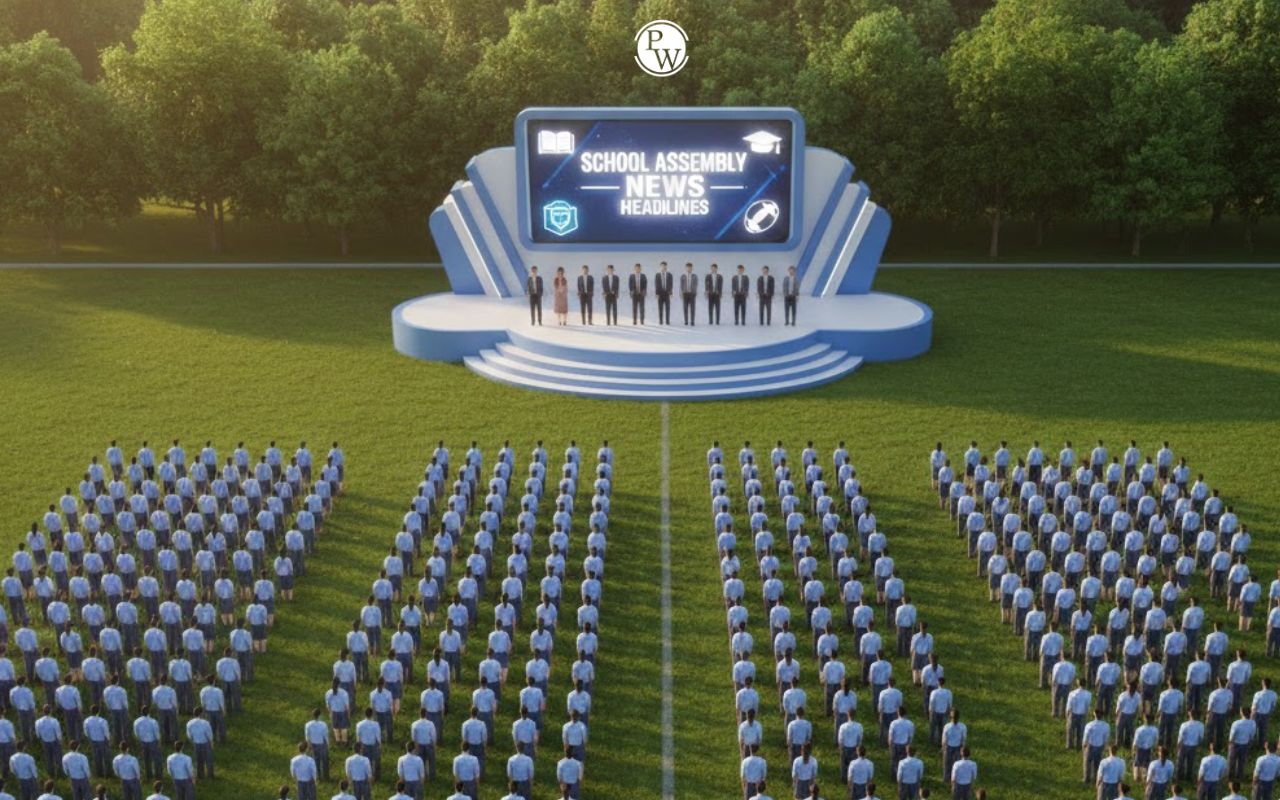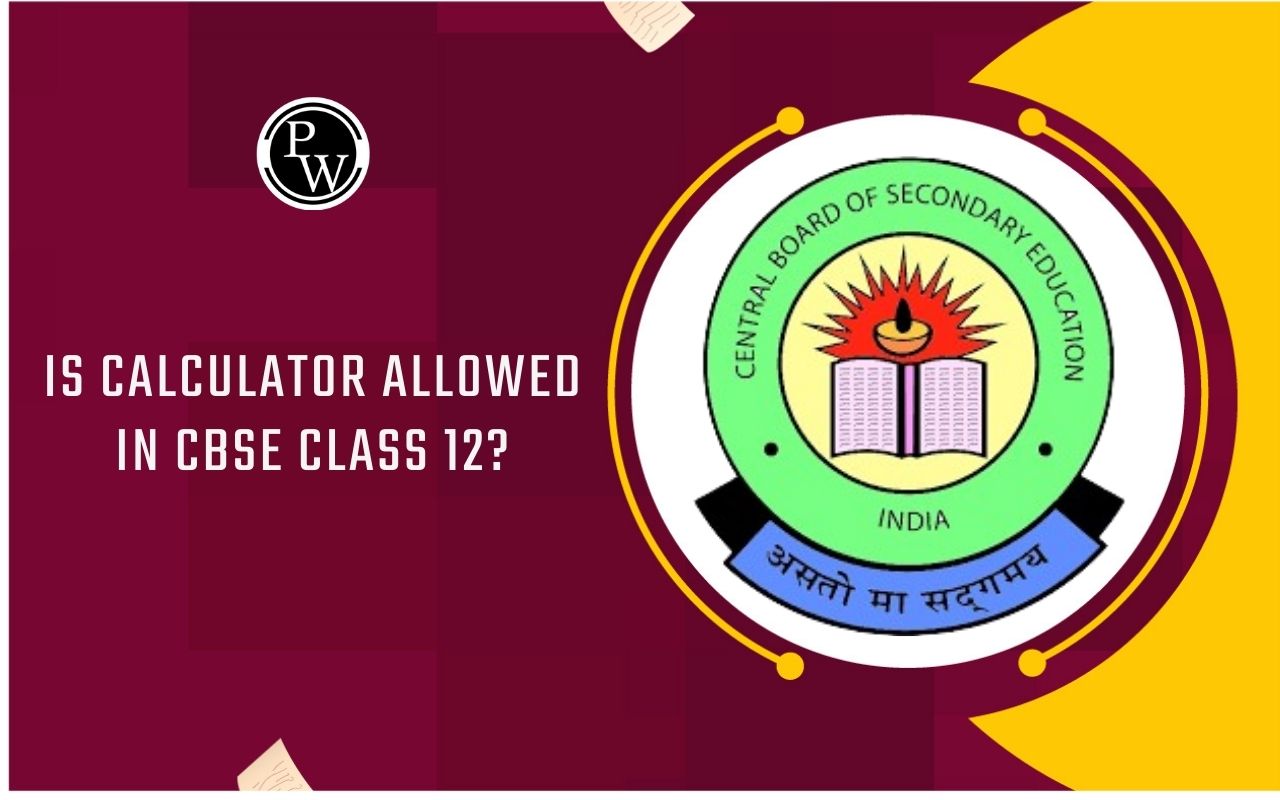
Proper nouns are specific names used to identify individual people, places, things, or organizations. They are quite different from common nouns, which refer to general, non-specific items. Proper nouns serve the important purpose of allowing us to precisely identify and communicate about specific entities in the English language. They play a crucial role in effective communication and clarity.
What Is a Proper Noun
A proper noun is a word used to identify a particular and distinct person, place, thing, or organization. Unlike common nouns, which refer to general objects, proper nouns are always written with a capital letter to signify their unique nature. Proper nouns encompass personal names, specific locations, company names, and titles of creative works such as books, movies, songs, and more.Also Read: What are Nouns
Proper Nouns Examples
Here are some examples of Proper Nouns given below:Personal Names:
- Sarah is coming to the party tonight.
- Albert Einstein was a brilliant physicist.
Place Names:
- I visited Paris last summer.
- Mount Kilimanjaro is the highest peak in Africa.
Company and Organization Names:
- Microsoft is a leading technology company.
- I work for NASA , the space agency.
Titles of Creative Works:
- "Harry Potter and the Sorcerer's Stone" is a popular book.
- "The Shawshank Redemption" is a classic film.
Names of Historical Events:
- World War II had a profound impact on the world.
- The Renaissance was a period of cultural rebirth.
Difference Between Proper Nouns And Common Nouns
Proper nouns and common nouns are fundamental parts of English grammar that serve distinct purposes. Proper nouns are used to name specific, unique entities such as individuals, places, things, and organizations. They are always capitalized and often lack plural forms, allowing us to pinpoint particular instances within broader categories. In contrast, common nouns refer to general items within categories, are typically written in lowercase (unless they start a sentence), often have plural forms, and do not specify individual entities.| Difference Between Proper Nouns And Common Nouns | ||
|---|---|---|
| Aspect | Proper Nouns | Common Nouns |
| Specificity | Name specific, unique entities | Refer to general items |
| Capitalization | Always capitalized | Usually lowercase (except at the beginning of a sentence) |
| Plural Forms | Typically no plural forms | Often have plural forms (e.g., adding "s" or "es") |
| Individuality | Distinguish one entity from others in the same category | Do not distinguish among items in the category |
Nouns that Can be Proper or Common
Some nouns can function as either proper nouns or common nouns depending on the context. Here are examples with explanations:1. River
Common noun: "The river flows through the valley."
Proper noun: "We had a picnic by the Mississippi River."
Explanation: In the first sentence, "river" is a common noun because it refers to any river in general. In the second sentence, "Mississippi River" is a proper noun because it specifies a particular river.
2. School
Common noun: "She goes to school every day."
Proper noun: "John's School is known for its excellent teachers."
Explanation: In the first sentence, "school" is a common noun as it refers to any school in general. In the second sentence, "John's School" is a proper noun because it gives the name of a specific school.
3. Restaurant
Common noun: "I like trying new restaurants." Proper noun: "Let's dine at Luigi's Italian Restaurant tonight." Explanation: In the first sentence, "restaurant" is a common noun because it refers to any restaurant. In the second sentence, "Luigi's Italian Restaurant" is a proper noun because it specifies the name of a particular restaurant.4. Company
Common noun: "Working for a company can be rewarding."
Proper noun: "I work at Microsoft Corporation."
Explanation: In the first sentence, "company" is a common noun as it refers to any company. In the second sentence, "Microsoft Corporation" is a proper noun because it names a specific company.
5. City
Common noun: "Living in a city has its advantages."
Proper noun: "San Francisco is a beautiful city."
Explanation: In the first sentence, "city" is a common noun because it refers to any city. In the second sentence, "San Francisco" is a proper noun because it specifies the name of a particular city.
Capitalisation Rules to Write Proper Nouns in the Sentences
Capitalization rules for proper nouns in sentences are essential to ensure that specific names and titles are appropriately highlighted. Here are the main guidelines for capitalizing proper nouns:1. Names of People: Capitalize the first letter of a person's first and last name. If they have a middle name, the initial letter should also be capitalized.
Examples: "John Smith" or "Mary Elizabeth Johnson"
2. Geographic Locations: Capitalize the names of specific places, such as cities, countries, states, continents, and landmarks.
Examples: "New York City," "United States," "Mount Everest"
3. Brands and Company Names: Capitalize the names of businesses, organizations, brands, and product names.
Examples: "Apple Inc.," "Coca-Cola," "iPhone"
4. Titles and Honorifics: Capitalize titles and honorifics when they precede a person's name.
Examples: "President Johnson" or "Dr. Smith"
5. Days, Months, and Holidays: Capitalize the names of days of the week, months, and holidays.
Examples : "Sunday," "December," "Christmas"
6. Specific Buildings and Structures: Capitalize the names of specific buildings, bridges, monuments, and structures.
Examples: "Eiffel Tower," "Brooklyn Bridge," "Sydney Opera House"
7. Historical Events and Periods: Capitalize the names of significant historical events, eras, and movements.
Examples: "World War II," "The Renaissance," "The Cold War"
8. Languages and Nationalities: Capitalize the names of languages and nationalities.
Examples: "Spanish," "American"
9. Literary and Artistic Works: Capitalize the titles of books, plays, movies, songs, and other creative works.
Examples: "Romeo and Juliet," "Mona Lisa," "The Beatles' 'Hey Jude'"
10. Specific Groups or Organizations: Capitalize the names of specific groups, clubs, teams, and organizations.
Examples: "The Boy Scouts," "Greenpeace," "The New York Yankees"
Proper Nouns Examples Sentences
Below check the 10 Proper Nouns Examples sentences.- Mount Everest is the highest peak in the world, located in the Himalayas.
- Paris is often called the "City of Love" because of its romantic ambiance.
- The Beatles were a legendary rock band from Liverpool, England.
- The Mona Lisa, painted by Leonardo da Vinci, is displayed in the Louvre Museum.
- New York City is known for its bustling streets and iconic skyline.
- NASA plays a crucial role in space exploration and research.
- The Great Wall of China is one of the most famous man-made structures.
- Apple Inc. designs innovative products like the iPhone and MacBook.
- The Eiffel Tower is a symbol of France and a popular tourist attraction.
- J.K. Rowling is the author of the beloved "Harry Potter" series.
Proper Nouns Worksheet
Solve the Proper Nouns Worksheet to improve your knowledge.- Lisa went to _____ last summer.
- We visited _____, the tallest mountain in the world.
- Have you ever seen the painting _____?
- _____ is the founder of Microsoft.
- Our family is planning a trip to _____ next year.
- I enjoy reading books by _____.
- _____ is a famous landmark in France.
- I work for _____, a leading technology company.
- _____ won an Academy Award for Best Actor.
- _____ was a famous scientist known for his theory of relativity.
| Related Links | |
| Collective Nouns | Abstract Nouns |
| Parts of Speech | Countable Nouns |
What are 10 examples of proper noun?
What is Proper Noun with examples?










